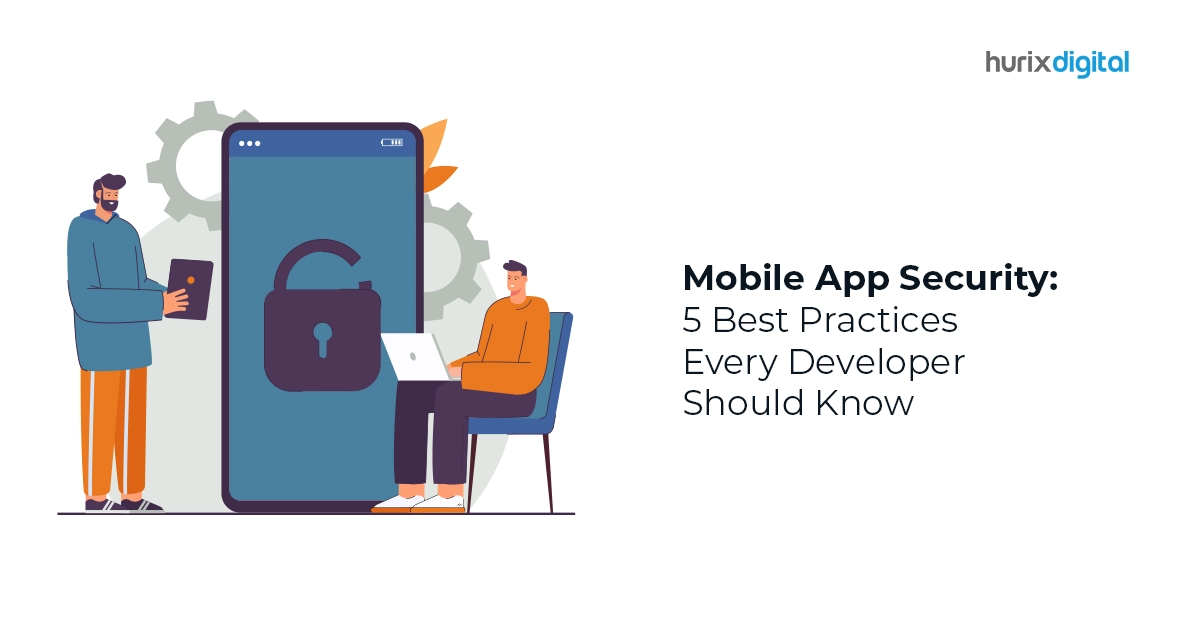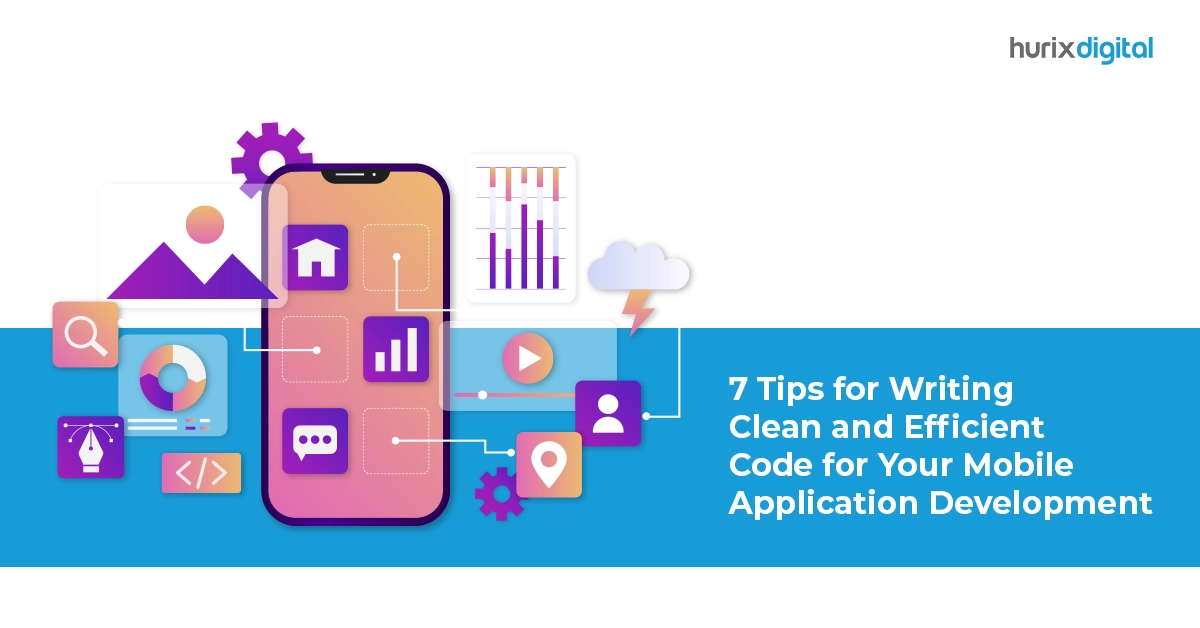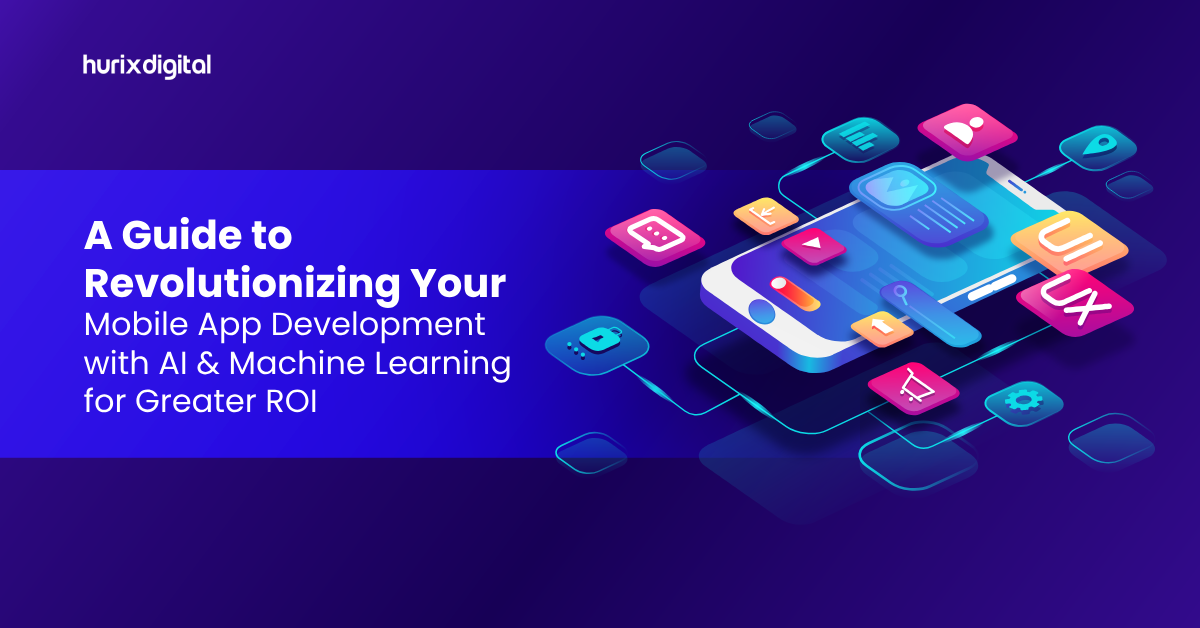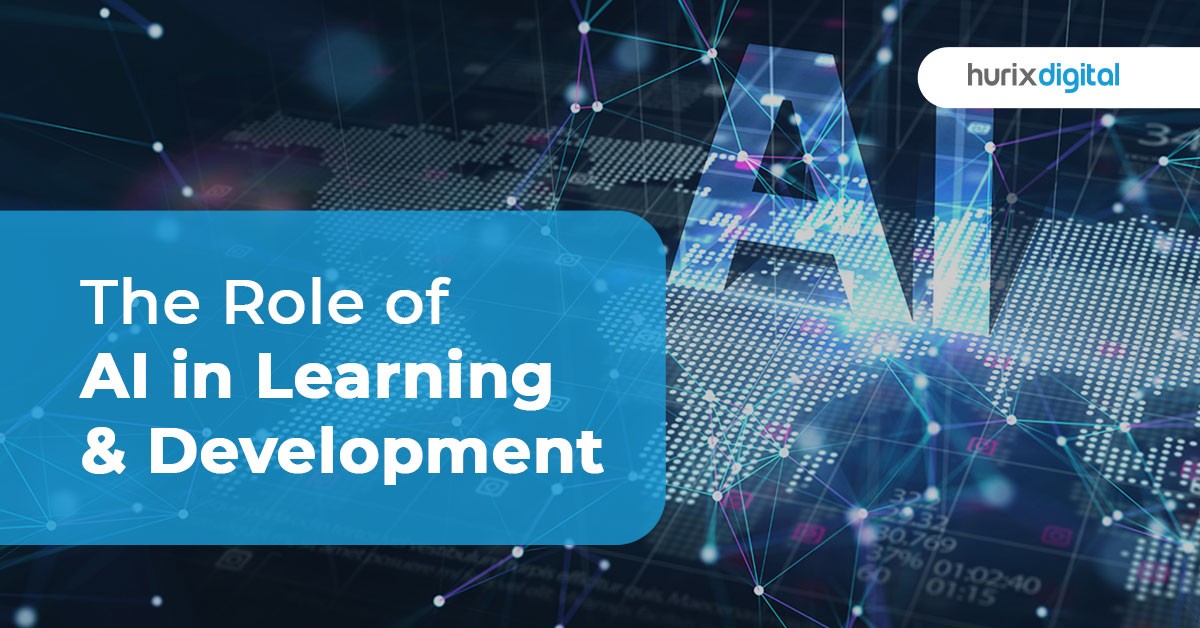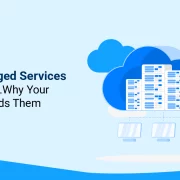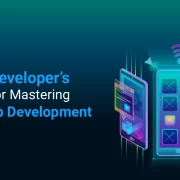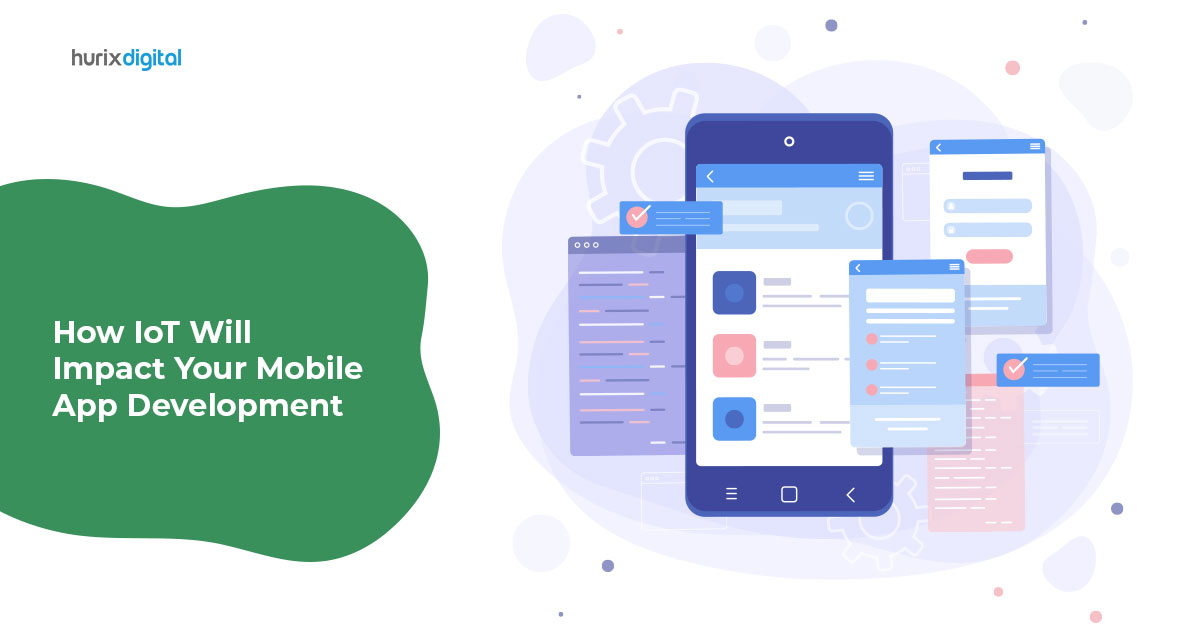
How Does IoT Impact Your Mobile App Development?
IoT has the most extensive involvement of physical objects or entities, such as cars, houses, and many others. Conversely, every object has embedded sensors, applications software, mobile applications, and networking features that allow it to collect and share information. This information can be sensed in monitoring and controlling factors like temperature, lighting, air quality, security status, health status, etc.
IoT best describes the technological advancements increasingly applied in various fields, including health, agriculture, manufacturing, transport, and smart homes. Its benefits include safety and security in efficient operations and increased insight into making good decisions based on real-time data analysis.
Table of Contents:
- How Mobile App Development Interfaces with IoT?
- The Impact of IoT on Mobile App Development
- Emerging Trends in IoT Mobile App Development
- Conclusion
How Mobile App Development Interfaces with IoT?
Mobile app development is increasingly dominated by IoT, as connecting devices to smartphones to control devices and report data is proving more useful to all types of users.
The largest use of IoT is observed in the healthcare industry, relevant information like a heartbeat, and BP is monitored using sensors and relayed to the user through the mobile application. Such information is essential for monitoring a person’s health.
Mobile applications also play a very significant role in monitoring and controlling devices in the IoT category, such as smart thermostats, security cameras, lighting systems, etc. For instance, this can be achieved because mobile applications have an interface facility with third-party applications wherein data generated via IoT devices can be interchanged and applied.
Also Read: Stay Ahead of the Curve! Discover the Mobile App Development Trends in 2024
The Impact of IoT on Mobile App Development
The possible impact of IoT on the remolding and transformation of mobile applications is much more humongous. IoT signifies nothing but a set of appliances that can talk to one another and share information over the internet. This becomes a platform of new opportunities, just as well as new challenges, opening the way for mobile application development. Here are some ways IoT implementation can impact mobile app development:
- IoT and Mobile App Integration: Mobile applications can be developed to connect and interact with various smart devices under the IoT and self-propelled devices like smart thermostats or an activity tracker. This platform allows users to remotely control and monitor IoT devices integrated into their mobile applications for improved functionality and convenience.
- Data Collection and Analysis: IoT devices generate vast amounts of data, and mobile apps can be developed to collect, analyze, and present this data to users in a meaningful way. For example, a fitness app can collect data from a user’s wearable device and provide insights on their activity levels, heart rate, sleep patterns, and more.
- Enhanced User Experiences: IoT can enable mobile apps to provide personalized and context-aware experiences. By leveraging data from IoT devices and sensors, apps can deliver tailored content, recommendations, and notifications based on a user’s preferences, location, and real-time data.
- Improved Automation and Control: Mobile apps can serve as a control center for IoT devices, allowing users to automate and manage various aspects of their connected environment. For instance, an app can enable users to remotely control their home security systems, lighting, or even appliances.
- Security and Privacy Considerations: With the increasing number of IoT devices and their integration with mobile apps, security and privacy become critical concerns. Developers need to implement robust security measures to protect the data transmitted between devices and ensure user privacy.
- Development Complexity: IoT integration complicates the development process. The developer must consider compatibility with multiple IoT platforms, protocols, and devices’ specifications. He must carry the necessary skills and knowledge related to handling IoT technologies and understand the specific challenges.
- Increased Collaboration: IoT app development often requires collaboration between different teams, including mobile app developers, hardware engineers, cloud architects, and data scientists. Effective collaboration and coordination become crucial to creating comprehensive IoT solutions.
- Continuous Iteration and Updates: IoT technologies are evolving rapidly, and developers need to stay updated with the latest advancements and standards. Mobile apps integrating IoT may require continuous iteration and updates to adapt to new devices, protocols, or security measures.
Emerging Trends in IoT Mobile App Development
The evolution of IoT mobile application development continues to shape development and business across several trends, which change the landscape. These trends demonstrate how the development of mobile applications for IoT is becoming more complex and diversely helpful in meeting user needs while dealing with technical and operational problems. Some of the most notably interesting trends in this realm include:
1. AI and Machine Learning Integration
The integration of AI and ML with the application of IoT into mobile applications is revolutionizing how data gets processed and further used. These technologies allow apps to:
- Annotate the IoT devices’ collected volumes of real-time data.
- Prediction insights, such as indicating the need to maintain smart devices or predict user preferences, are provided.
- Automate responses while making IoT ecosystems more efficient.
For example, in the development of the Internet of Things app, AI-powered systems can adjust a smart home’s thermostat based on patterns in the user’s behaviour, saving energy and improving comfort.
2. Edge Computing for Real-Time Processing
As the sheer scale of IoT networks grows, latency and bandwidth constraints become more severe. Crucially, edge computing is emerging as the critical solution that processes data closer to its source- the IoT device itself. This approach:
- Reduces latency, which implies real-time decision-making.
- Reduces reliance on cloud infrastructure and makes IoT systems more efficient.
It increases reliability where connectivity is only occasional. Using Edge Computing, developers can finally make IoT mobile applications much faster and more responsive, making them ideal for critical applications like healthcare monitoring or industrial automation.
3. Focus on Sustainability
Sustainability is becoming a priority in IoT mobile app development as more consumers and businesses seek environmentally friendly solutions. Developers are now focusing on:
- Building energy-efficient apps and IoT systems that optimize power usage.
- Using eco-friendly materials and processes for IoT device manufacturing.
- Encouraging responsible usage through apps that provide insights into energy consumption and carbon footprints.
4. Expansion of Wearable Technology
Wearables are a growing segment of the IoT market, and mobile app development for IoT is playing a pivotal role in their success. With advancements in wearable technology, apps are now capable of:
- Monitoring health metrics like heart rate, oxygen levels, and sleep quality.
- Syncing seamlessly with multiple devices to create a unified user experience.
- Supporting industries like fitness, healthcare, and even workplace productivity through wearable-integrated apps.
5. Blockchain for Enhanced Security
Security remains a top concern in Internet of Things app development due to the sensitive nature of data collected by IoT devices. Blockchain technology is emerging as a solution, offering:
- Decentralized data storage, reducing the risk of breaches.
- Transparent and tamper-proof transaction records.
- Enhanced trust and accountability within IoT ecosystems.
By incorporating blockchain, developers can ensure that IoT mobile applications are not only functional but also secure and trustworthy.
Also Read: Future Trends in Hybrid App Development: Emerging Technologies and Innovations
Conclusion
IoT can transform how mobile application development is being done by bringing as many devices together and providing unique experiences, data accumulation, analysis, automation of capabilities, and control. However, developers have to face security and privacy issues and compromise with the challenges that IoT technology poses.
There is still scope for mobile app development to make IoT devices more functional and highly usable for the user. It also provides a simple means of securing an app with identity protection for the consumers and using encryption to ensure data safety. If this explanation about interlinking IoT with your mobile application is vague, then people at Hurix Digital will help you make decisions.
Let’s not forget to speak with our friendly team, who can explain and support features such as user engagement, reminders, and security that need to be well implemented using IoT to achieve a great mobile application.

SVP & Head – Hurix Technology Solutions
Global Delivery head with 25 years of working experience in NYC investment banks and fintech companies. Hands-on technology delivery management and program management, accountable for stakeholder relationships, Strategic roadmap, P&L, Revenue growth, Account Management, and employee satisfaction.
